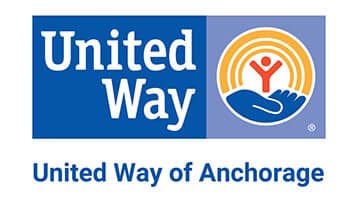The economic turmoil of the day is scary for most of us at the personal and policy levels. Despite the downturn, there is one investment that holds its value. Economists are touting it as one of the best bets available for economic development, and it is far more than just a family matter.
Even in these stressful, nail-biting times, there’s one investment that holds its value. Economists are touting it as one of the best bets available for economic development.
This sure-fire investment? It’s early learning. Myriad studies and research continue to reinforce what is already a powerful case: preparing babies and young children to succeed in school and life has profound impacts on the economy.
The components of quality early learning – positive and purposeful parenting, high quality and accessible child care and early education programs – build strong brains during the critical years from birth to 5. When we build strong brains, we stoke educational achievement and workplace skills, both vital to a productive work force and a strong and vibrant economy. Early learning contributes to the economy in two ways. It saves money by reducing crime, teen pregnancy, and welfare dependency. And it generates revenue by paving the way for higher educational attainment and a resulting increase in earning potential.
Preparing children for success is far more than just a family matter. That’s why economists and business leaders around the country are jumping on the early learning bandwagon. Nobel laureate economist James Heckman is one of the nation’s leading experts on the impact of high quality early education on work force productivity and economic development.
In “Schools, Skills and Synapses” (c 2008 Western Economic Association International), Heckman summarizes a domino effect: rising high school dropout rates result in lower college enrollment. Lower college enrollment results in sluggish growth of work force skills. Declining work force skills result in less productivity and a weaker economy.
We already know the path to success in school starts at birth. Those first five years of life are critical for establishing how a child will fare in school and ultimately in life. According to Heckman, the evidence suggests that a child’s early environment plays a powerful role in shaping adult outcomes.
It’s in our self-interest to create the early learning system we need. We all benefit when more kids graduate from high school and when more people have jobs, pay taxes, and contribute to their communities and the economy.
Early learning – it’s everybody’s business.
Best,
Abbe

